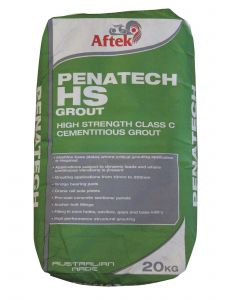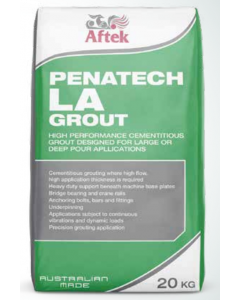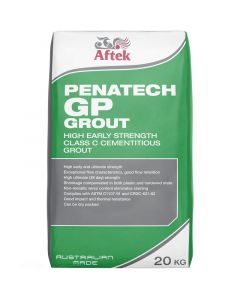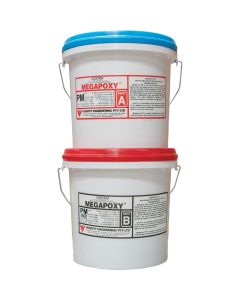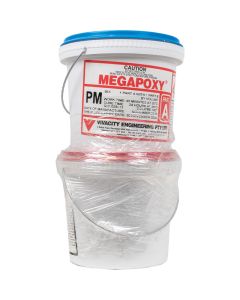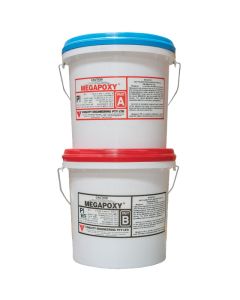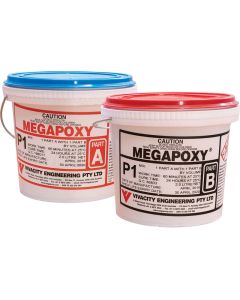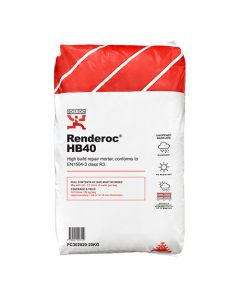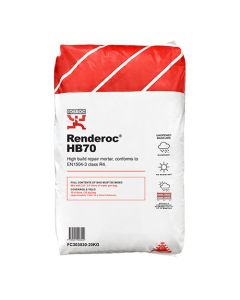Cementitious grout vs Epoxy grout
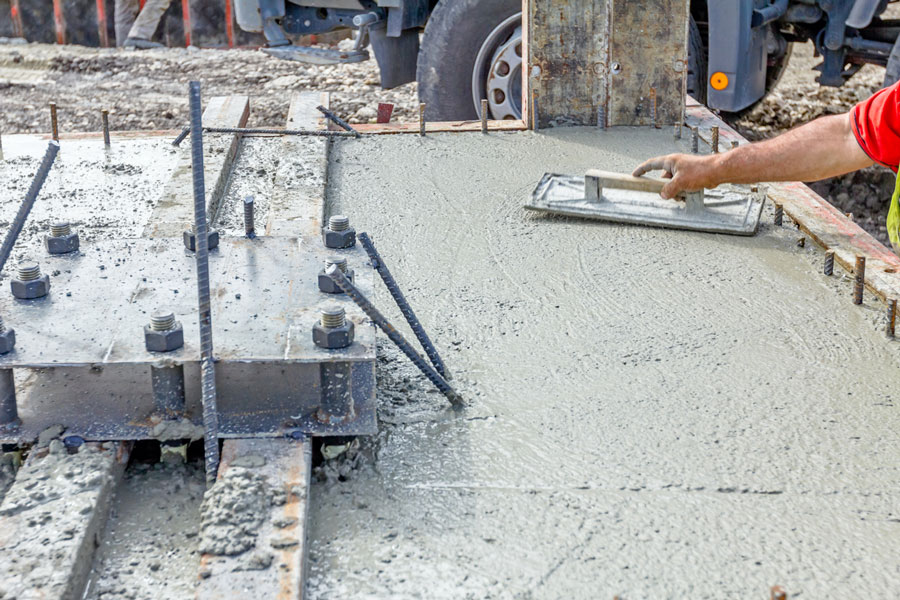
Both cementitious and epoxy grouts are designed to be used under load, where a filler material needs to act as a structurally sound solid.
Mixed from a dry powder to the required consistency, they can be made relatively solid to be used as a packable substance, or flowable to be applied in a more liquid form. Most grouts contain a non-shrink component which means once they harden, you are left with a perfectly formed strong foundation.
Both types have their advantages – let’s take a look in more detail at the differences between cement based grouts and epoxy grouts.
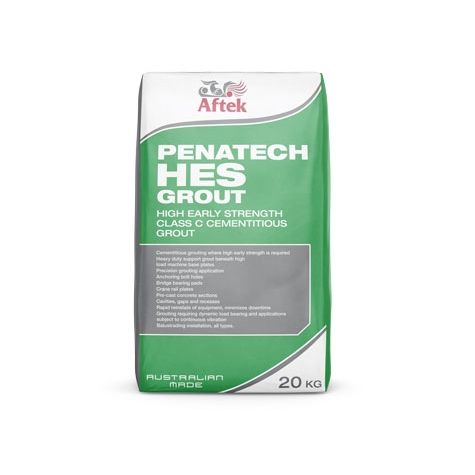 What is a cementitious grout?
What is a cementitious grout?
Cementitious grout is used to create a solid bearing surface between structural baseplates and base foundations. It enables even dispersal of the load into the existing concrete slab. For example, you can erect a column, add cementitious grout underneath to the specified thickness, and your column and the overall load will transfer to the concrete foundation.
Cementitious grout is suitable for a range of different bedding and fixing applications as bases, bearing plates and steel frames.
What is epoxy grout?
Similar in function is epoxy grout. More commonly used in emergency grouting situations, epoxy grout offers rapid strength development, however is less suitable for use as the mercury rises. If used in an area subject to high service temperatures, cementitious grout may be a more reliable choice.
Epoxy grouts also tend to be less fluid than cementitious grouts and this can have a bearing on the choice for your project. If you are grouting under large equipment or baseplates it may be easier to use a free flowing cementitious grout.
Epoxy grouts are best for high strength bearing areas, achieving early compressive strength (or HES) and supporting dynamic loads.
Grout selection for rigid vs dynamic loading
If you are fixing foundations of equipment that has a lot of dynamic loading, such as machinery with rotating or vibrating motions, epoxy grouts can be more durable, providing the maximum service temperature isn’t too high.
An epoxy grout such as Dayton Epoxy Grout J55 is formulated to support and reinforce anchor bolts and sleeves on a range of dynamic machinery. This includes equipment such as crane rails, mill tables, pumps, crushers, engines, compressors, rotary equipment and other heavy machinery. It gives a stable and energy absorbing base for maintaining precision alignments under dynamic loads.
Tensile strength of grout is measured according to Australian Standards. If your installation is subjected to high vibration or dynamic loading, you may need a higher tensile strength grout.
On the other hand, a traditional cementitious grout such as Dayton Turbo Grout HP12 is more suited to structural elements. These include such elements as wind turbines, structural column base plates and machinery bases.
Cementitious grout is also ideal for anchoring bolts, dowels, bearing pads, keyway joints and crane rails. This non-corrosive and non-metallic cement based material quickly develops high compressive strength quickly.
Compressive strength is the ability to withstand downward pressure. The ability of the grout to reach this ultimate compressive strength quickly is often important when machines need to be put into service ASAP.
HES stands for high early strength grout – these grouts are formulated to cure and achieve high strength quickly and are generally labelled as such.
An example of this is Aftek Penatech HES Grout.
Before you choose a grout
To determine whether cementitious or epoxy is the best type of grout to use on your project, consider the following points:
- Will the grout be expected to perform at high temperatures? What is the maximum service temperature?
- Is the area to be grouted subjected to wet and dry cycles and/or chemical exposure?
- Can packers and shims be placed easily, well within the boundary of the grouting area?
- Is the equipment being supported fixed or will it be dynamic? If it moves, vibrates or rotates, will the grout form an adequate bond?
- Is there a large area under fixed equipment to fill? Will this be easier with a free flowing grout rather than a thicker, packable grout?
- Are thermal expansion issues a factor: does your chosen product match the existing substrate?
- Does the recommended application thickness make sense for your project?
Advice on choosing a grout
All of this gives you a starting point to help you select a grout. You should always seek specialist engineering advice and ask the manufacturer if you need clarification.
The concrete chemicals team at Jaybro has solid product knowledge and can help you choose the right grout for your application. Get in touch with our friendly team today by calling 1300 788 476.
 Sign In
Sign In 

